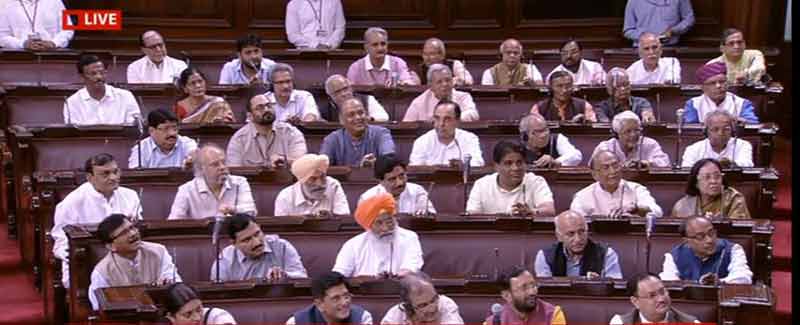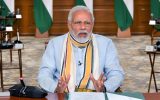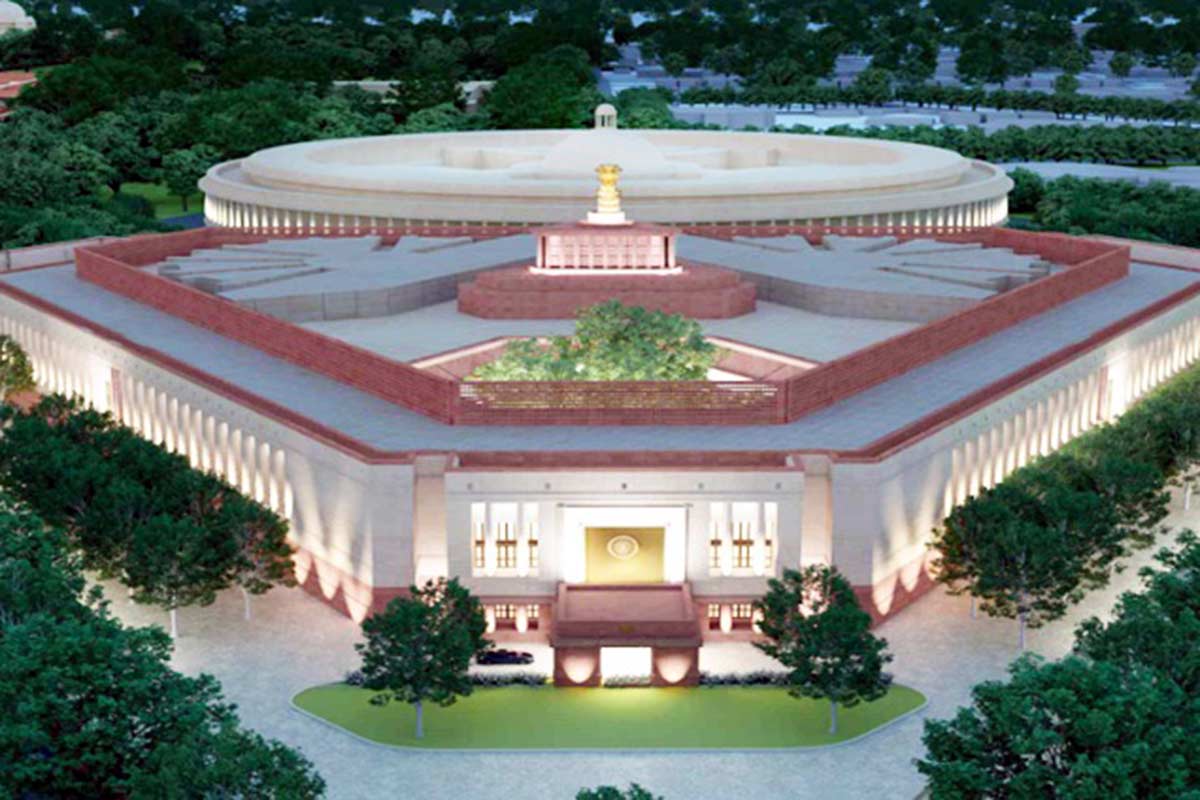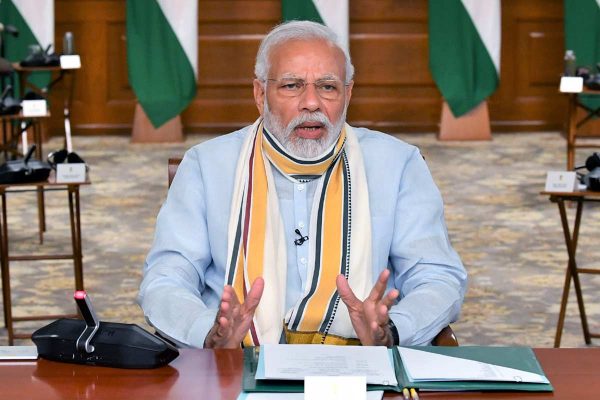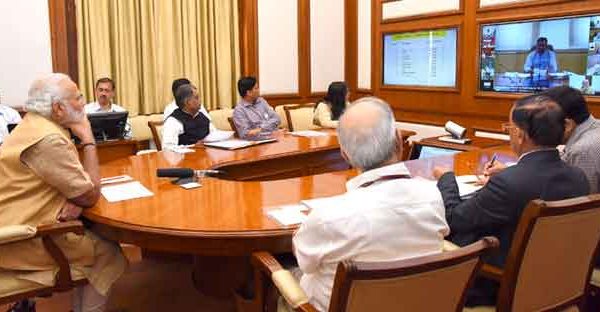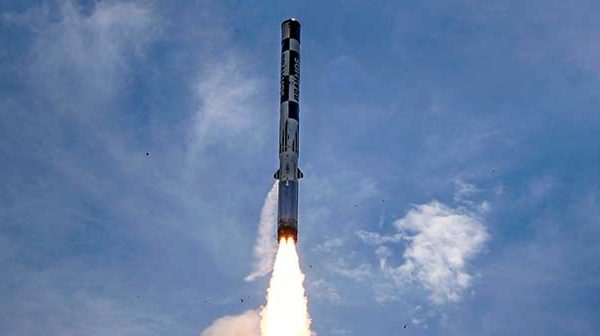Rajya Sabha Wednesday passed the much awaited constitutional amendment bill to introduce a common goods and services tax across the country.
The GST will subsume most of the state and centre taxes related to production, sale and supply of services and goods and convert the country into one single market.

All the present and voting members voted in favour of the bill. Only AIADMK walked out in the protest.
The bill was passed by the Lok Sabha last year but was stuck in the Rajya Sabha as the government lacked the support of two third majority.
The amended bill will now go back to the Lok Sabha as Rajya Sabha made amendments to the bill passed by the Lok Sabha.
The bill will also have to be approved by 50 per cent of all state assemblies.
Thanking everyone for voting for the GST, Finance Minister Arun Jaitley said the Govt’s approach was to build a larger consensus and the government succeeded in it.

Finance Minister Arun Jaitley in the Rajya Sabha.
The minister added that it will convert India into one unified market.
The Constitution (122nd Amendment) Bill, 2014 was approved by the Upper House with 203 votes in favour and none against, after a almost seven-hour debate.
AIADMK was the only party to oppose the measure and its members staged a walkout from the House.
Replying to the debate in Rajya Sabha, Finance Minister Arun Jaitley said that GST would introduce uniform taxation laws across states and would take India closer to being a common seamless market.
He added that, GST once adopted, would further strengthen the federal structure of the country.
Talking about the benefits of a common goods and services tax, Finance Minister said that the GST bill is the most reformative tax reform which will result in better tax compliance and prevention of leakages.
Jaitley also said that GST Council is in consonant with the federal structure of the country, where states and centre will have an effective say.


